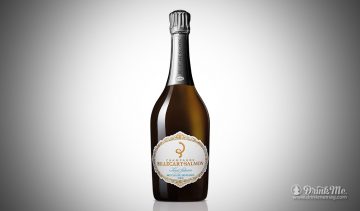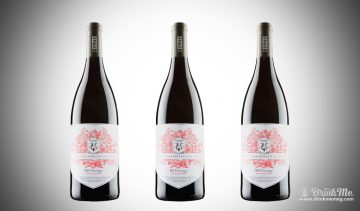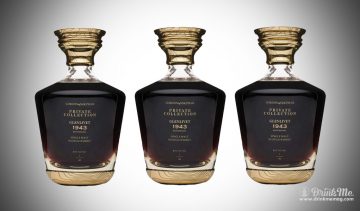A great bartender can make even a so-so establishment worth visiting again and again. Conversely, a bumbling barkeep with a dull personality can send customers scurrying from the nicest watering hole in town. There’s more to being a good bartender than just knowing how to put together a cocktail. Here are a few priceless tips for anyone interested in a career as a pour master or who just wants to be the best bartender in the neighborhood.
What it’s like to be a great bartender
Not all bartenders work in cocktail lounges. Many mixologists are employed by restaurants, bistros, hotels, convention centers, and night clubs. A bartender is a sort of ambassador for the establishment where she or he works. As such, good barkeeps have plenty of social skills as well as the smarts to manage unruly imbibers. The best barkeeps have all of the above, along with a memory full of classic and creative beverage recipes.
Great bartenders wear many hats during the course of a shift. In addition to being the ‘face’ that represents the barroom, a bartender may also serve as an adviser to people who want to know what’s happening in town. Outstanding barkeeps keep their cool and maintain a friendly tone, even when the bar is crowded with customers who all want a drink. When a bartender is not actively making cocktails and pulling beer taps, they busy themselves with general tidying up.
According to the United States Bureau of Labor Statistics, the median per-hour wage for a bartender is a few cents shy of ten bucks per hour or around $19,000 per year. That’s not a very high wage and certainly not enough to support a family. That’s why tips and gratuities are so important to a taverner’s income. A bartender who can listen to a dozen or more personal stories in a night and make each teller feel heard may take home many times their hourly wage in gratuities.
Tips that rake in the tips
A great many professional bartenders earn the lion’s share of their income via tips given by contented customers. One way a barkeep can inspire customers to leave a nice tip is to always include as many one-dollar bills in their change as possible. Even when the change is exactly ten dollars, a savvy barkeep will hand back a five-dollar bill and five ones. Smart bartenders know to be friendly with customers; even ones that are sitting alone. A personable, “Hey, how are you tonight?” can go a long way toward increasing tips. In municipalities where cigarette smoking in bars is legal, a bartender who offers matches and a clean ashtray to patrons may find their pockets full of cash at the end of their shift.
Superstar bartenders who can flip bottles and otherwise entertain patrons at the bar can make a small fortune in tips on a good night. Don’t learn this skill for the first time with the establishment’s liquor stock, however. Breaking a pricey bottle of booze will not make you a better bartender.
Handing out cheap freebies such as baskets of pretzels and coasters emblazoned with the name of the bar can make customers feel as if they’re getting a good bargain. This may in turn encourage them to leave a little something extra for the barkeep who kept them in beer nuts and popcorn all night.
Know how to make some super cool cocktails
A superior bartender can make virtually any drink a customer wants, and they can do it from memory. To learn how to make classic adult beverages, get your hands on a copy of Mr. Boston’s Official Bartender’s Guide. Published in 1935, Mr. Boston’s is chock full of classic cocktail recipes that range from the classic to the curious.
Get certified
Not all states require bartenders to be licensed or certified, but plenty of them do. Anyone who is serious about becoming a bartender would be doing themselves a favor by becoming certified in their state. With a bartender certificate in hand, a would-be barkeep can find employment just about anywhere.
To get a first-class education in basic bar-tending skills, inquire at a school that offers bartending certification. Certification is not presently mandatory in all states, but it’s good to be ready for anything when you’re a bartender.
Polish your people skills, learn to make a rainbow of umbrella drinks, and understand how to pull a draft beer without too much foam, and you could enjoy a fun career as a mixologist who keeps customers coming back for more.
Madeleine Browne runs her own bar and is keen to share some knowledge of what makes a good bartender. She writes industry related articles for those seeking bar/restaurant work as well as business owners.










